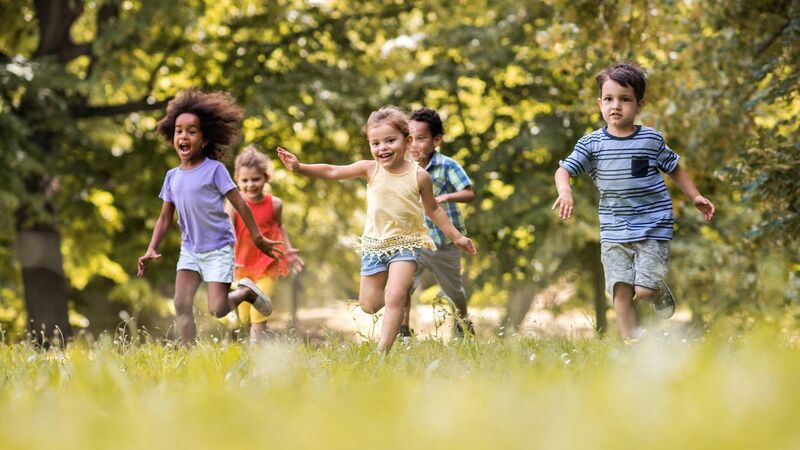These are the health and development benefits of letting children play by themselves

CEO of Early Childhood Ireland, Teresa Heeney says: "Playing with other children, they learn about each other, about social relationships. In play, there’s so much opportunity for psychological development and understanding difference and similarities, co-operation, learning about different types of family and cultures."
As a child growing up in Ballybofey, Donegal, Teresa Heeney played on the street and with friends who lived on the street behind her house.
“I remember so fondly a woman and her mother who were a key part of my childhood. For a week, I took up their entire backyard, playing shop. There were planks of wood, 10m long. Everything out of that house was an item in the shop, and the shop got bigger every day.” Now CEO of Early Childhood Ireland, Ms Heeney is grateful for the generosity and willingness of those neighbours who let that childhood play experience become whatever it was going to be, with all the children who got involved.







